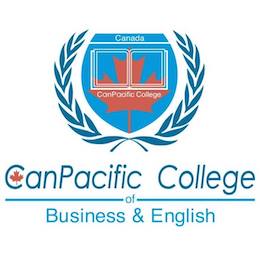Compound sentences are two simple sentences joined together with conjunctions. There are compound sentences where the subject is the same. For example: “Sarah called and (she) left a message.” The subjects don’t have to be the same in compound sentences. They can also be different like in the example below: For example: “Jack turned the […]
Month: June 2021

Site or Sight?
Site or Sight? Have you ever confused ‘site’ with ‘sight?’ Let’s clarify the difference between the two. Site – a position; a place For example: “We’ve found the perfect site for the head office.” Sight – vision For example: “The sight of land gave hope to the sailors who were lost at sea.” As always, […]

Complex Sentences
In a complex sentence, there is one main clause or idea and at least one subordinate idea or clause. For example: “When I was young, radio programs were very popular.” “When I was young’ is the subordinate clause. It needs the main clause ‘radio programs were very popular’ in order for the sentence to be […]

Communication Skills
What are the four communication skills? They are reading, listening, writing, and speaking. In order to improve all of the language skills, ESL activities often involve the application of two, three, or all four of them. An example of an integrated skill activity is one of many business case studies that students of the Business […]

Complement or Compliment?
Every so often, the word ‘complement’ is confused with ‘compliment.’ This blog entry is intended to clear up the confusion. Compliment – (noun) praise; (verb) to praise someone For example: “I complimented him on his choice of stationery.” Complement – (noun) completing; (verb) to complete For example: “The sauce complements the main course.” Now, try […]
